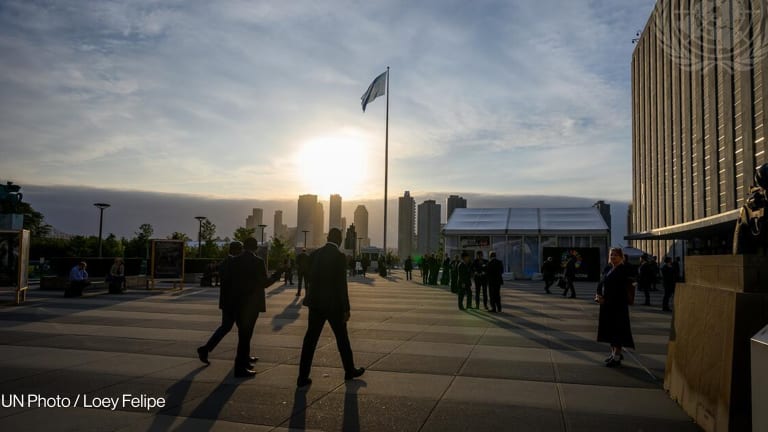In a packed room at the United Nations headquarters in New York, Helen Clark, the former New Zealand prime minister and co-chair of the Independent Panel for Pandemic Preparedness and Response, dropped a big “what-if” scenario before several heads of state and government ministers.
“Imagine if one of us here, now, were infected with a new, dangerous virus. More of us would become infected this week. We would fly back home to our families and communities, potentially sparking another crisis. Would our countries be ready to manage that outbreak? Would the world?” she asked.
“That is a political choice. You have the power to make it,” she said.
Printing articles to share with others is a breach of our terms and conditions and copyright policy. Please use the sharing options on the left side of the article. Devex Pro members may share up to 10 articles per month using the Pro share tool ( ).








